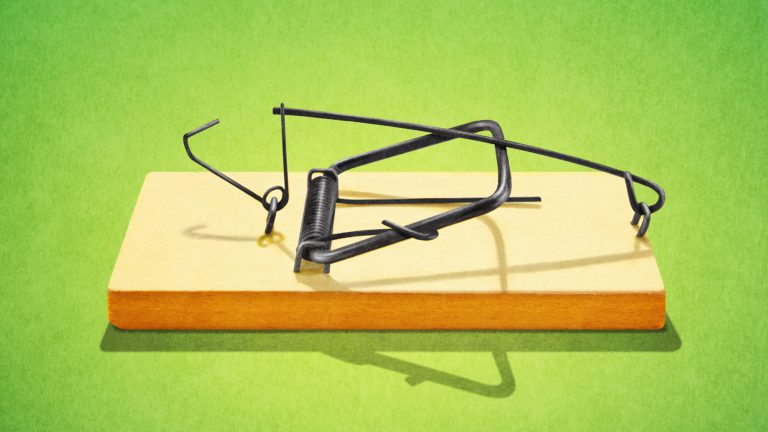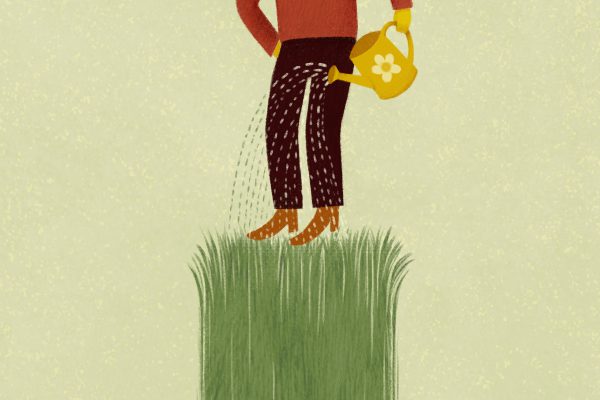thenugget.instaread offers audio versions of articles using Instaread. Some words may be mispronounced.
Self-control is a precious resource that’s tested countless times a day, whether you’re fighting the urge to procrastinate or tempted to eat an unhealthy snack. In WILLPOWER, psychologist Roy F. Baumeister and John Tierney walk through the steps of expanding your reserves of self-discipline to win these battles throughout the day. Here are two top insights from our latest release.
Key Insight 1: Self-improvement goals require mental focus. Goal-setting is a useful tool in developing self-control.
Ideally, it’s best to focus on one self-improvement project at a time. A person who makes a single New Year’s resolution is more likely to succeed than someone with a 10-item list. For smaller goals, like tackling the sort of daily to-do list that almost always includes more than one item, it’s best to be realistic about what can be accomplished in a single day. People who always stack their task lists with too many items are likely to struggle with productivity.
Key Insight 2: Willpower and decision-making are closely linked.
People can only make so many decisions before they begin to feel mentally exhausted. Psychologists call this phenomenon decision fatigue. People such as doctors or CEOs who have to make a lot of decisions at work tend to deplete their reserves of willpower. This in turn can cause them to behave impulsively, which can lead to interpersonal arguments, unplanned purchases, and junk food binges.







